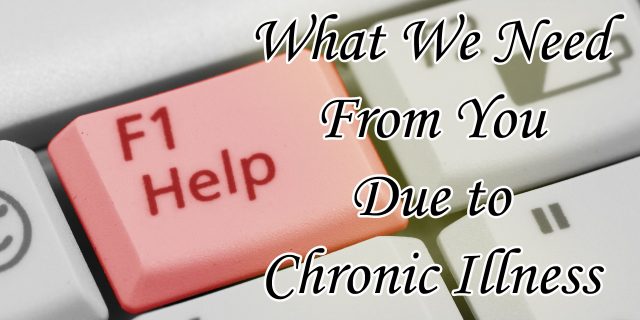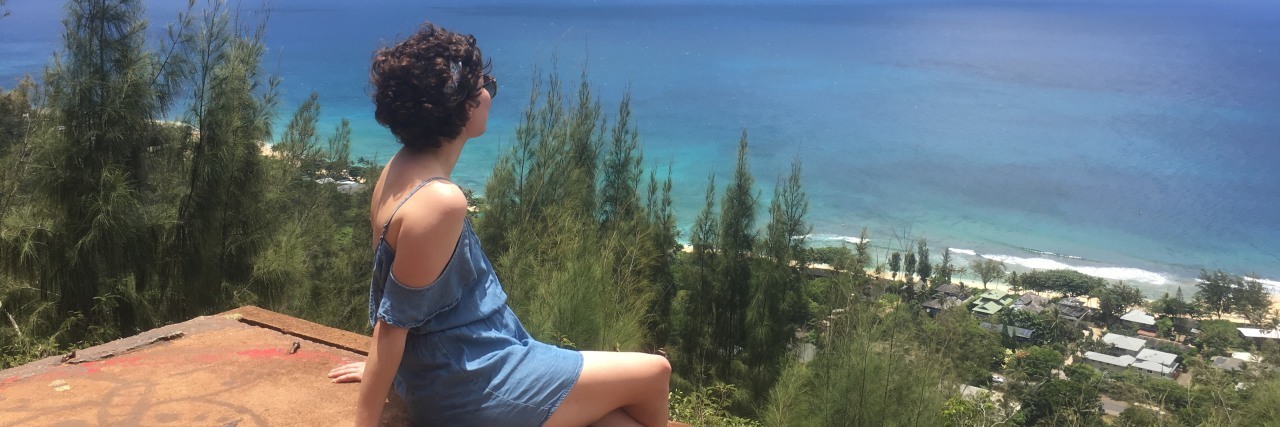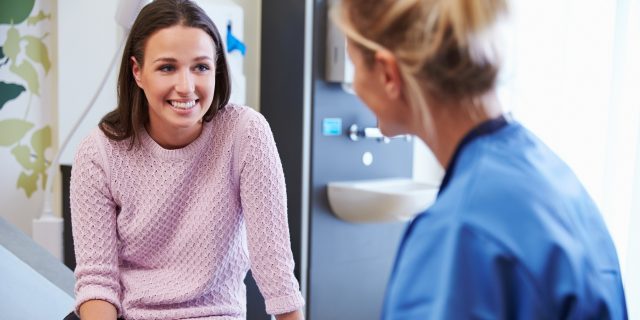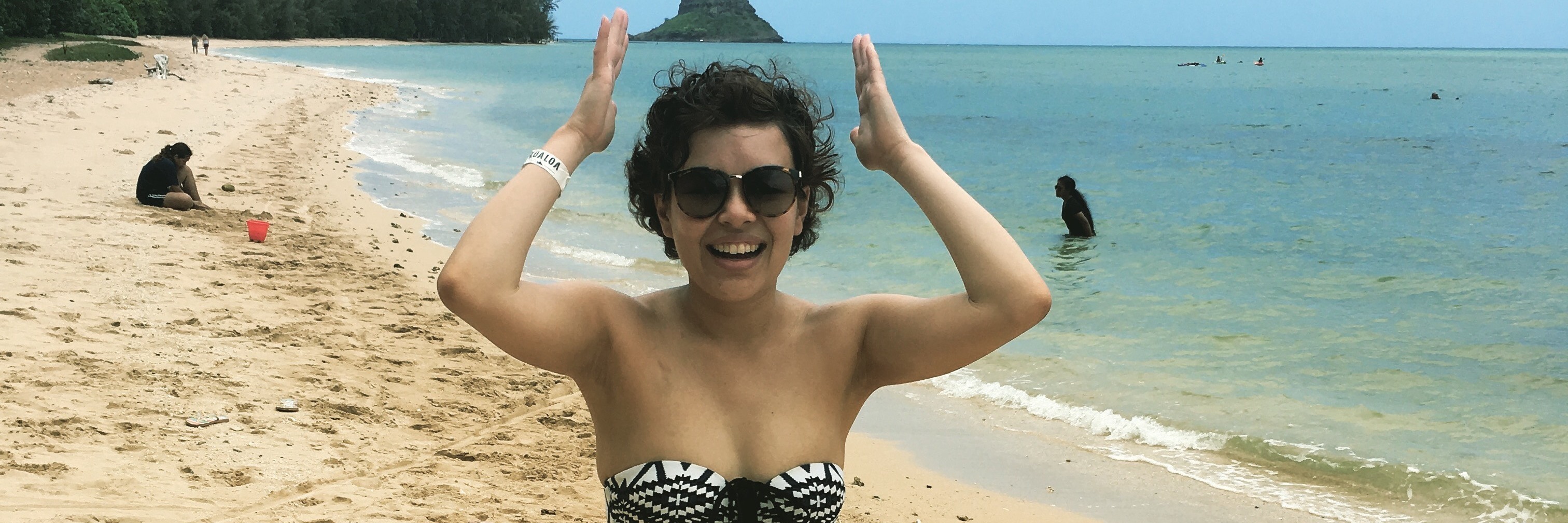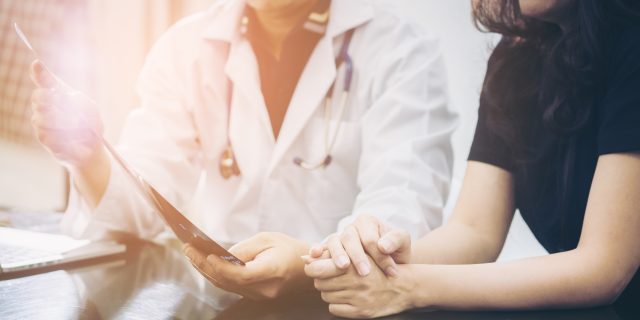My Experience with Medical PTSD
The doctors diagnosed me with severe Anxiety and Depression at a young age, and even now I suffer every day from my mental illnesses. However, I never realized that I most likely also suffer from another underlying mental illness condition until I came across an article about it.
I’ve struggled with medical trauma, or illness-induced post-traumatic stress disorder (PTSD) since the age of 11, when I also found out that I also have a physical medical condition related to my digestive system and precancerous polyps.
What is Medical trauma or PTSD?
According to Faces of PTSD, a blog written by a PTSD patient for fellow patients, medical trauma/PTSD can occur after events that “invoke intense fear, helplessness or terror, including but not limited to:
• Diagnosis of a life altering or life-threatening illness diagnosis for oneself or a family member/partner
• Severe pediatric illnesses: parents, children and family members are all at potential risk of developing stress disorders
• Assault, malpractice or negligence by a medical practitioner
• Life threatening emergency medical care
• Traumatic childbirth, including but not limited to premature deliveries, birth defects, high risk pregnancies, and emergency caesarean sections
• Miscarriage of a pregnancy or ectopic pregnancies
• Extended or confined hospital stays.”
The First Time I Experienced Medical trauma
I have had extreme reactions to almost any medical experience I’ve had since the young age of 12, but I never really thought that anything was wrong with me, per se, until recently.
I thought that everyone reacts the way that I do when faced with a needle, test or general medical procedure, which usually involved intense screaming and crying until I couldn’t breathe, among other things. I also thought that I would eventually get over it – but I never did. It only got a little easier to manage.
The first experience I can remember that didn’t seem right to me (and to my family) was just before the first surgery I had to have on my digestive system.
You see, I was diagnosed the year before with familial-adenomatous-polyposis, or FAP: a “rare, inherited condition caused by a defect in the adenomatous polyposis coli (APC) gene”, as defined by the Mayo Clinic. This condition doesn’t display symptoms normally, so I only knew that I had to be tested for it due to my father having it as well.
When I was 11 years old, I was given a blood test to check if I had the illness, and it came back positive. This meant that I would have to have my colon removed fairly soon, or I could develop precancerous polyps.
I was scheduled to have surgery shortly afterwards and when it was finally time to go, I was terrified. I had what I can probably now say was my first panic attack, where when the nurses tried to put the numbing cream on my hands (to numb the area for an IV), I started crying uncontrollably. I remember feeling like I just couldn’t do it, I couldn’t let them put the needle in because it was too scary and painful and could they please just put me to sleep another way?
I was so distraught and inconsolable that the nurses gave me some medication to help me calm down, and I remember nothing after that. Only from my parents did I learn that the medication knocked me out so well that the nurses had to bring me into the Operating Room in a wheelchair because I was that unresponsive.
That was probably where my medical PTSD started. As I am undiagnosed officially, I’m not sure if that’s entirely accurate.
Over the years following, I’ve had numerous panic attacks in relation to my medical trauma. Due to the fact that my hospital stay was not exemplary (not due to the staff – they were patient with me the majority of the time) as well as that I had some complications with my initial surgery that led me to have two more afterwards, my mental illness just worsened. I didn’t know this, though – and none of my surgeons, nurses or even my family doctor knew (or know) what was happening to me.
I was diagnosed with severe Anxiety and Depression after my surgeries, which my psychologist at the time said was expected because I had had a major surgery performed on me (that most adults don’t experience in their lifetimes) at such a young age. She didn’t guess, though, that the problems extended further than just those mental illnesses.
Even now, knowing what I know, the doctors are still clueless. PTSD is not something that is widely recognized, much less diagnosed and treated appropriately.
More About PTSD
According to PTSD statistics, most people think that war veterans are the only ones that suffer from the mental illness and that they are always provided the proper treatment needed to live normal lives; however, this is not the case at all.
According to a CBC article, sexual assault is the most likely to cause PTSD out of all traumas, not war (as most people would imagine). Also, PTSD affects twice as many women as men in the United States: 10 per cent of women develop PTSD while that same statistic in men is only four per cent.
I look forward to a day where society understands what PTSD is, the various kinds of trauma related to it and how to treat it, and that it doesn’t mean that you’re crazy at all – only that your body is reacting to trauma in the only way it knows how. You are not abnormal, you are not crazy, and you are valid.
This blog post was inspired by a great book called Irritable Hearts: A PTSD Love Story by Mac McClelland. McClelland really showed me that PTSD is a normal occurrence that happens when you go through a traumatic experience, no matter what that may be. She also taught me that it’s okay to take time to myself if I need to, and that no one gets to tell me that I’m wasting my time by making that decision. Thank you Mac, if you’re reading this – you’ve truly helped me.
For more information on PTSD and how you can help, visit these resources:
• Multidisciplinary Association for Psychedelic Studies, (MAPS Canada)
• Different Brains
• Anxiety and Depression Association of America (ADAA)
Sources:
http://www.facesofptsd.com/medical-trauma-ptsd
https://www.mayoclinic.org/diseases-conditions/familial-adenomatous-polyposis/symptoms-causes/syc-20372443
https://www.cbc.ca/natureofthings/m_features/ptsd-canada-has-the-highest-rate-and-other-surprising-things

